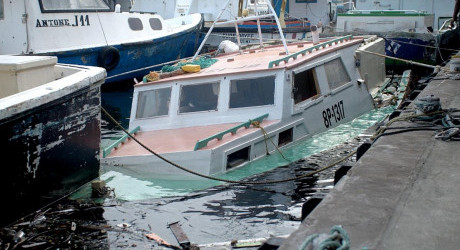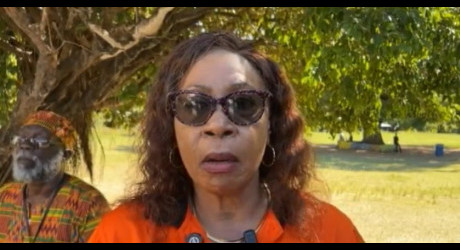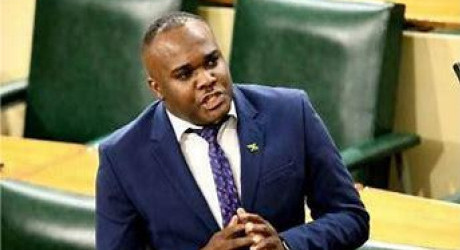The Education Ministry's announcement of how learning will be administered this term due to the COVID-19 pandemic has increased anxiety among some stakeholders in the system and prompted more questions.
Members of parent teachers association and student council bodies have expressed concern about the disruption in social interaction among students and the possible negative effects.
The ministry announced three approaches for the October 5 reopening of schools - online, by TV, radio and cable services, as well as distribution of printed material.
Tommy Stewart, President of the Ferncourt High School Parent Teachers Association, says a vital aspect of development in students is their social skills facilitated through face to face interaction.
He believes the blended approach could impact that aspect of their development.
"I'm not a psychologist or anything but I think that children basically draw strength from each other when they see each other in the learning situation. They are motivated by each other, they are inspired. Because one of the things I've recognised as a parent is that even doing this online learning...the level attention that is needed to do this thing, it leads to fatigue and burnout in my opinion. So if this is the case, I'm wondering the amount of actual learning that will take place," Mr. Stewart asserted Wednesday on Radio Jamaica's Beyond the Headlines.
He suggested that more consultation should have been done and the that Education Minister could have "taken a little more time...(to) ensure that we get the best option, the best way that everyone involved can benefit."
In the meantime, Ree-Anna Robinson, Public Relations Officer for the National Secondary Students' Council, has also expressed concern about the proposed method of using television, radio and cable for teaching.
She said the feedback from students has been worrying.
"Students said it was not effective at all and what they should really working towards is getting better internet connectivity, so that as many students can manipulate these spaces and navigate them well, as well as access to devices," she revealed.
Ms Robinson argued that teachers must recognise the different learning styles of students. "The physical classroom definitely aids in interactiveness, and the virtual classroom can be manipulated in that way as well. But the TVs, it wasn't working out - content and the fact that it was not interactive enough," she insisted.
comments powered by Disqus










 All feeds
All feeds







